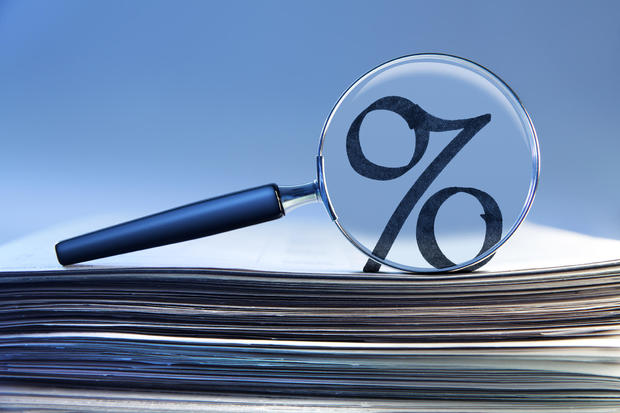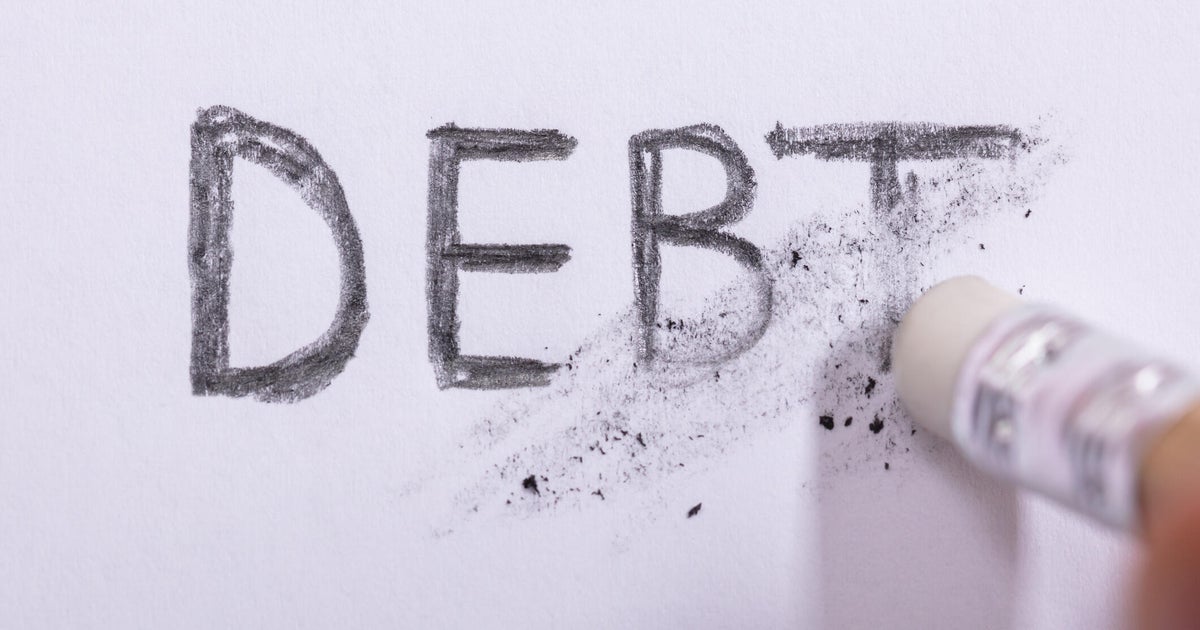How the Fed rate cut can help you tackle credit card debt
This week, the Federal Reserve made headlines by conducting its first rate cut of 2024. While most analysts expected a modest 25 basis point reduction, the Fed surprised markets with a more significant 50 basis point cut, lowering its benchmark interest rate to a range of 4.75% to 5%.
This rate cut is welcome news for borrowers, as the Fed's interest rate decisions influence the rates offered on various types of loans, from mortgages to auto loans. When the central bank lowers its rate, borrowing typically becomes cheaper. And in a time when debt is a growing burden for many Americans, any reduction in borrowing costs can make a big difference.
One group that could see big benefits from this rate cut is those carrying credit card debt. The total credit card debt nationwide now sits at a record high of $1.14 trillion and about 20% of cardholders maxed out, so millions of Americans could see some much-needed relief. But credit card rates don't always fall significantly following a Fed rate cut, so how can the Fed's decision help you tackle your card debt?
You have lots of options for tackling your high-rate card debt. Find out more here.
How the Fed rate cut can help you tackle credit card debt
There are a few ways the Fed rate cut could make it easier to get rid of your high-rate credit card debt, including:
By making it less expensive to consolidate debt
One possible outcome of the Fed rate cut is the potential to make debt consolidation more affordable. Debt consolidation involves taking out a new loan to pay off multiple existing debts, ideally at a lower interest rate. With the Fed's rate cut, personal loans and debt consolidation loans — two popular tools for debt consolidation — may become more attractive options.
With average rates of about 12.5%, personal loans are already one of the most affordable borrowing options available, and these loans could see a further decrease in their interest rates, making them an even cheaper route for consolidating credit card debt. Similarly, the loans offered by debt consolidation programs might offer more competitive terms in the wake of the rate cut. So, by using one to tackle your debt now, it could be much cheaper to pay off what you owe.
Explore the debt relief options available to you now.
By making home equity borrowing cheaper
Another potential way the Fed rate cut can assist in tackling credit card debt is by making home equity borrowing more affordable. Home equity loans and home equity lines of credit (HELOCs) are typically offered at lower interest rates compared to credit cards, as they are secured by your home. And with the Fed's rate cut, these already competitive rates could become even more attractive.
If you're carrying significant amounts of card debt or need to roll multiple card debts into one loan, these borrowing products could allow you to access higher amounts than the average personal loan. That said, it's important to approach this strategy with caution. You're putting your property at risk if you're unable to make payments, so it's essential to have a solid repayment plan before pursuing this option.
By potentially lowering variable APRs on existing credit cards
While the impact may not be immediate or drastic, the Fed rate cut could lead to a slight reduction in the variable APRs on existing credit cards. Most credit cards have variable interest rates that are tied to the prime rate, which is influenced by the Fed's benchmark rate.
As the prime rate decreases following the Fed's cut, credit card issuers may lower their variable APRs accordingly. While this reduction might be modest, even a small decrease in your credit card's APR can lead to savings over time, especially for those carrying large balances. It's important to note, though, that these rate adjustments aren't automatic or guaranteed.
Other options for tackling high-rate credit card debt
While the Fed rate cut opens up new possibilities for managing credit card debt, it's worth exploring other available debt relief options:
- Debt management: A debt management plan can help lower your interest rates or reduce card fees while giving you a clear plan for paying off your debt, making the process cheaper and more efficient.
- Debt forgiveness or settlement: This option involves negotiating with creditors to settle your debts for less than what you owe, which could reduce your total balance by 30% to 50% or more in some cases.
- Negotiating with creditors: Some credit card companies may be willing to lower your interest rate or waive certain fees if you explain your financial hardship and have a history of on-time payments.
- Bankruptcy: As a last resort, bankruptcy can provide a fresh start for those overwhelmed by debt, but it also has long-lasting consequences.
The bottom line
While the Fed's recent rate cut may not directly slash credit card interest rates, it does create a more favorable environment for tackling credit card debt. By potentially making debt consolidation and home equity borrowing more affordable, and possibly leading to slight reductions in variable APRs, the rate cut offers avenues for cardholders to address their debt more effectively. Combined with other debt relief strategies, this economic shift could provide the opportunity to work toward a debt-free future.




